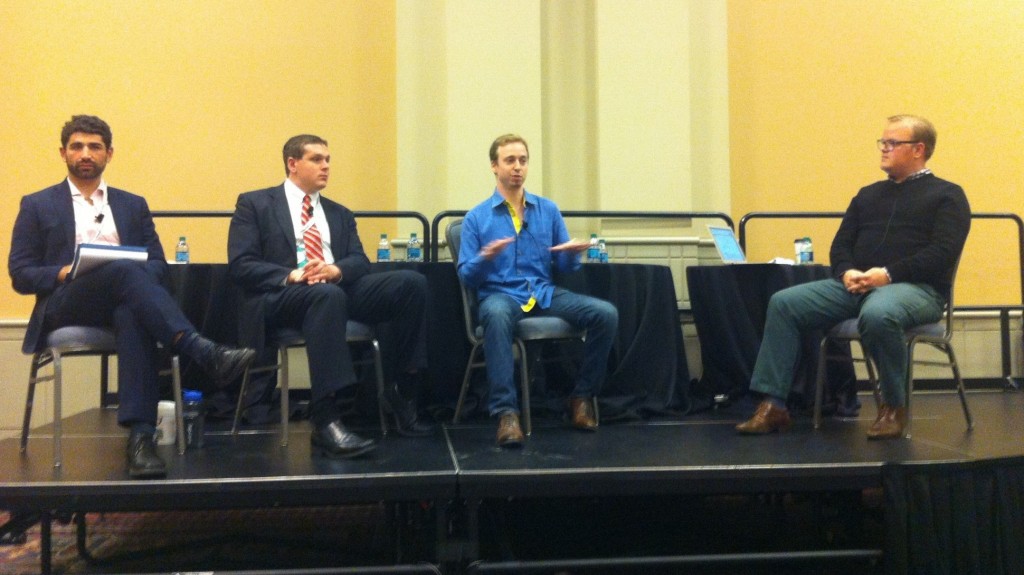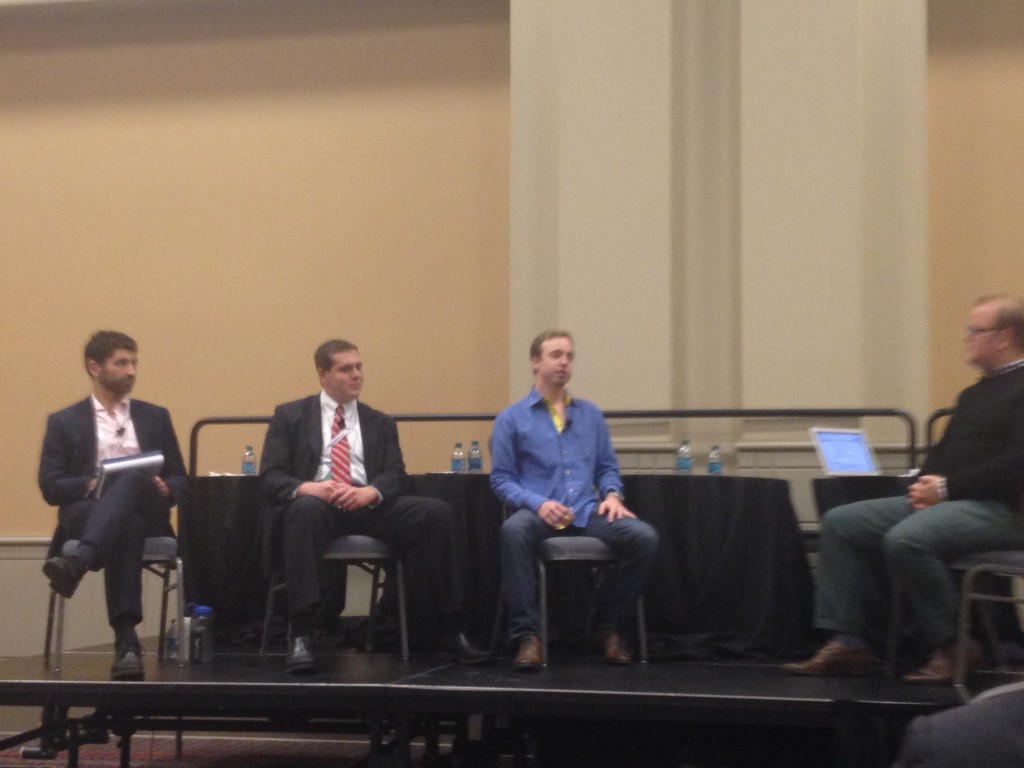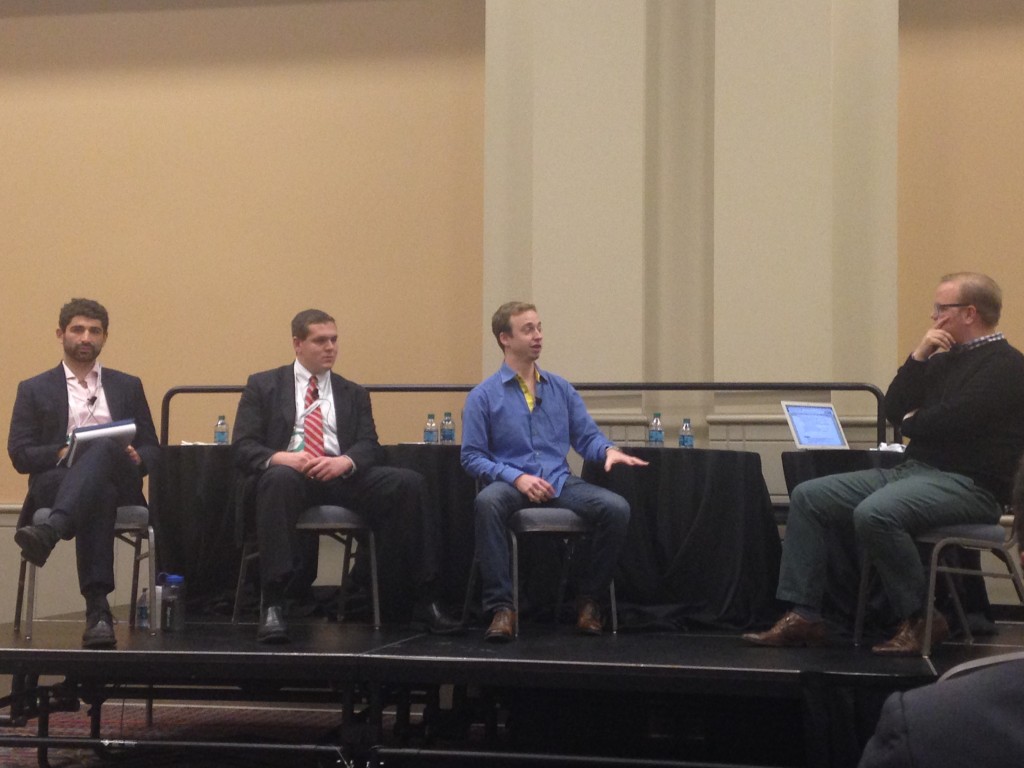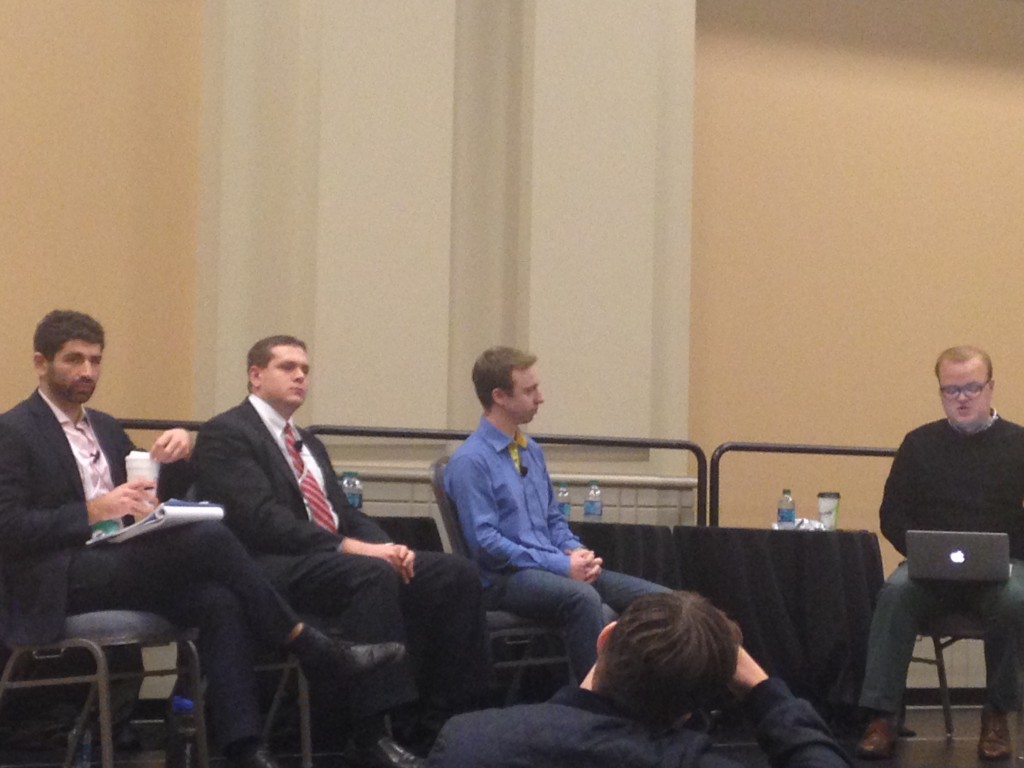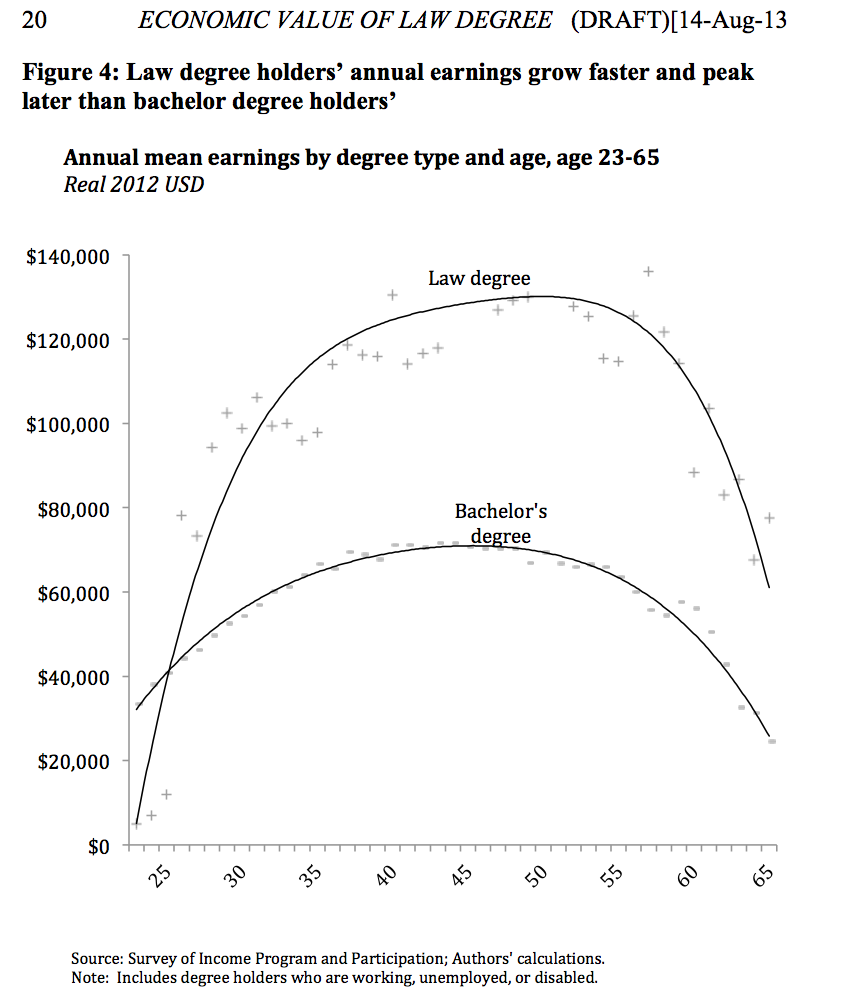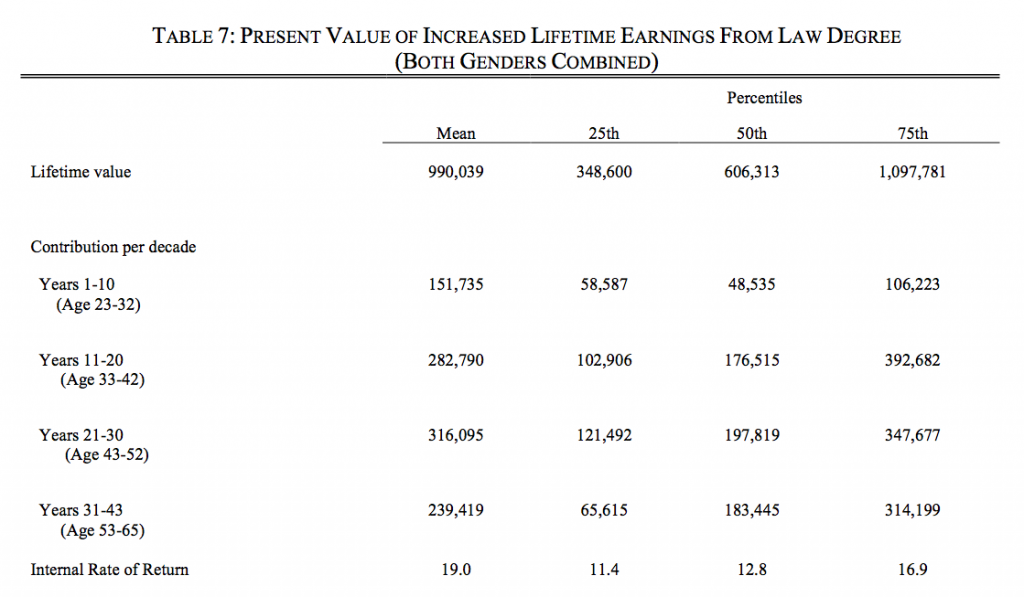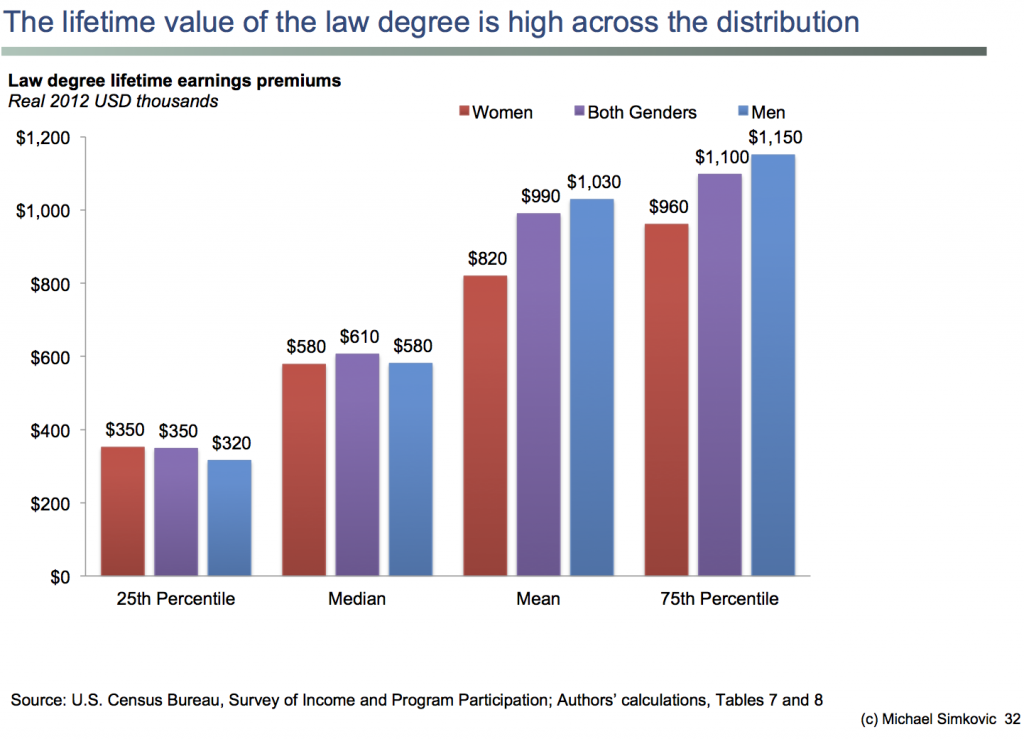A few weeks ago I blogged about a Times reports that NYC will stop honoring any requests from immigration authorities, unless it is accompanied by a warrant from a federal judge. And then, they may decline to honor the request if the suspect has not been convicted of a “violent or serious crime.”
New York City would stop honoring detention requests issued by United States immigration authorities without a warrant from a federal judge, according to a proposal announced by the City Council on Thursday.
The bill also stipulates that even with a judge’s warrant, the Police and Correction Departments may honor a request for a hold, known as a detainer, only if the subject has been convicted of a “violent or serious crime.”
I understand that courts have held that local governments are not bound by civil detainers, but I was troubled that the City may in fact ignore warrants that do not involved “violent or serious crimes.” I held off on a final judgment until I saw a copy of the proposed bill.
That bill is now available online, and here is the relevant text:
2. Paragraph one of this subdivision shall not apply under any of the following circumstances:
(i) A]
may only honor a civil immigration detainer by holding a person beyond the time when such person would otherwise be released from the department’s custody, in addition to such reasonable time as is necessary to conduct the search specified in subparagraph (ii) of this paragraph, or by notifying federal immigration authorities of such person’s release, if:
i. federal immigration authorities present the department with a judicial warrant for the detention of the person who is the subject of such civil immigration detainer at the time such civil immigration detainer is presented; and
ii. a search, conducted at or about the time when such person would otherwise be released from the department’s custody, of state and federal databases, or any similar or successor databases, accessed through the New York state division of criminal justice services e-JusticeNY computer application, or any similar or successor computer application maintained by the city of New York or state of New York, indicates, or the department has been informed by a court or any other governmental entity, that such person:
A. has been convicted of a [covered] violent or serious crime[;],
[B. is a defendant in a pending covered criminal case;
C. has an outstanding criminal warrant in the state of New York or another jurisdiction in the United States;
D. is identified as a known gang member in the database of the national crime information center or any similar or successor database maintained by the United States;] or
[E] B. is identified as a possible match in the terrorist screening database.
[(ii) The search conducted pursuant to subparagraph i of this paragraph indicates, or the department has been informed by federal immigration authorities, that such person:
A. has an outstanding warrant of removal issued pursuant to 8 C.F.R. 241.2; or
B. is or has previously been subject to a final order of removal pursuant to 8 C.F.R. 1241.1.]
Serious or violent crime is defined:
2. “Convicted of a [covered] violent or serious crime” shall mean a [final] judgment [of guilt] pursuant to section 1.20(15) of the criminal procedure law entered on a [covered] violent or serious crime, [including a conditional discharge pursuant to section 410.10 of the criminal procedure law, or a comparable provision of federal law or the law of another state] or a conviction under federal law or the law of another state that would constitute a “predicate felony conviction” pursuant to section 70.06(1)(b)(i) of the penal law provided that such conviction was for the equivalent of a violent or serious crime.
If I am reading this right (and please correct me if I’m not), when the City of New York receives a federal warrant to turn over a person on immigration charges, the City will not turn over the person unless the City determines that he has committed a “violent or serious crime” defined under New York law, or a “comparable provision of federal law or the law of another state,” or bears some other indicia of dangerousness. This is exactly how the Times described the bill.
How is this valid? If a federal judge or magistrate finds probably cause, and issues a warrant, how can New York City add an additional requirement, and determine that it will not turn the person over if the person has not committed a “violent or serious crime.” A misdemeanor, or non-serious crime will not suffice.
The New York law seeks to disregard certain warrants they deem not serious enough. This is where the policy runs afoul.
I welcome other thoughts on this. Also, I’m sure the Department of Justice will rush to stop this law–which frustrates federal policy–the way it did with Arizona’s SB 1070.
